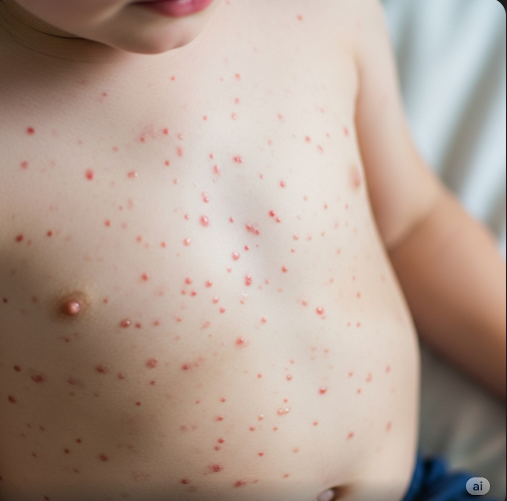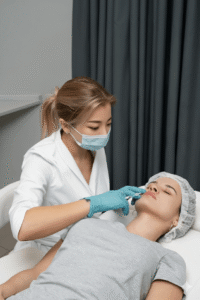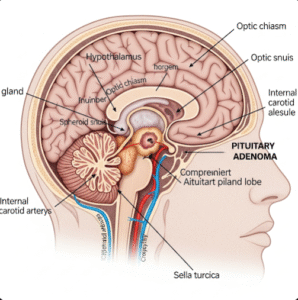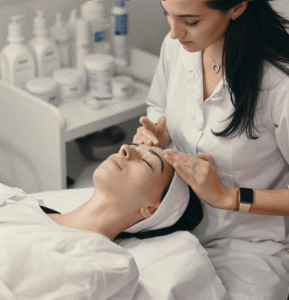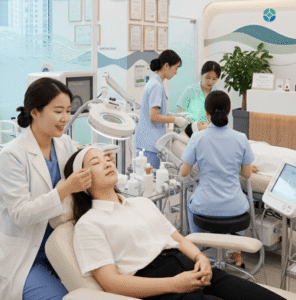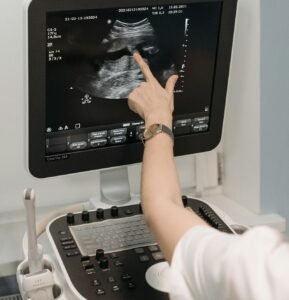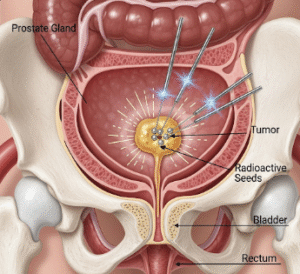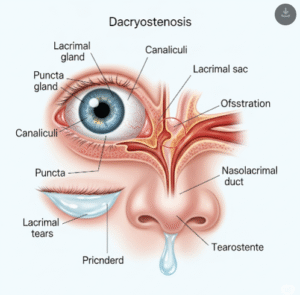Overview
Varicella, commonly known as chickenpox, is a highly contagious viral infection caused by the varicella-zoster virus (VZV). It is most common in children but can affect people of any age. The condition is characterized by an itchy, blister-like rash, fever, and fatigue. Although usually mild in healthy children, varicella can cause serious complications in newborns, pregnant women, and individuals with weakened immune systems. With the introduction of the varicella vaccine, cases have significantly declined in many countries, including South Korea.
What is Varicella?
Varicella is an acute viral disease that spreads through direct contact with an infected person’s skin lesions or via respiratory droplets from coughing and sneezing. After infection, the virus remains dormant in the body and can reactivate years later as shingles (herpes zoster). The illness typically lasts 5–10 days, and once recovered, most people develop lifelong immunity.
Symptoms
- Itchy, red rash that turns into fluid-filled blisters, then scabs
- Fever
- Fatigue and general discomfort (malaise)
- Loss of appetite
- Headache
- Rash typically starts on the chest, back, and face, then spreads to other parts of the body
Causes
- Infection with varicella-zoster virus (VZV)
- Spread through direct contact with fluid from blisters
- Transmission via airborne droplets from coughing or sneezing
- High risk in unvaccinated individuals who have never had chickenpox
Risk Factors
- Being unvaccinated against varicella
- Close contact with infected individuals
- Living in crowded conditions
- Weakened immune system due to illness or medication
- Pregnancy (higher risk of complications for mother and fetus)
- Infants whose mothers never had chickenpox or were unvaccinated
Complications
Although most cases resolve without issues, varicella can lead to:
- Bacterial infection of the skin lesions
- Pneumonia
- Encephalitis (brain inflammation)
- Reye’s syndrome (especially in children who take aspirin during infection)
- Severe disease in newborns and pregnant women
- Hospitalization in severe or complicated cases
Prevention
- Vaccination – The varicella vaccine is the most effective prevention method, usually given in two doses during childhood
- Avoid close contact with infected individuals until lesions have crusted over
- Good hand hygiene
- Cover mouth and nose when coughing or sneezing
- Isolate infected individuals to prevent spread
Treatment Options in Korea
South Korea provides advanced care for varicella with a focus on symptom relief, prevention of complications, and outbreak control:
- Antiviral medications – Acyclovir or valacyclovir for high-risk patients to shorten illness duration
- Fever and itch relief – Antihistamines, calamine lotion, and paracetamol (avoid aspirin in children)
- Hydration and rest – Supportive care to aid recovery
- Hospital care – For severe cases or patients with complications
- Vaccination programs – Widely available in public health centers and hospitals for children and at-risk adults
- Post-exposure prophylaxis – Varicella immune globulin (VZIG) for high-risk individuals after exposure

